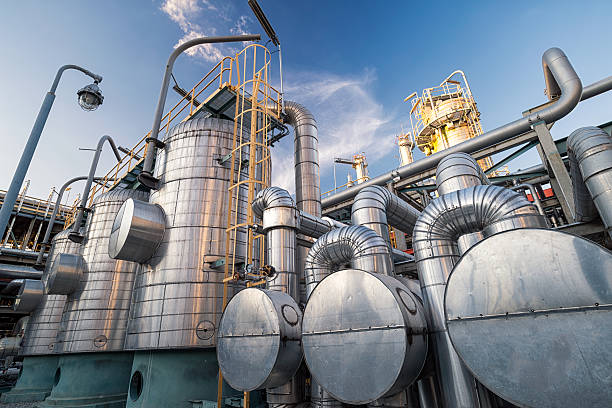U.S. crude oil futures rose over 2% on Monday, continuing a bullish trend that saw a 6% gain last month. The increase comes amid concerns of a broader Middle East conflict and the anticipation of heightened summer fuel demand.
As of Monday, West Texas Intermediate (WTI) crude for August delivery settled at $83.38 per barrel, up $1.84 or 2.26%. This marks a 16.3% increase year-to-date. Meanwhile, Brent crude for September delivery climbed $1.60 or 1.88%, closing at $86.60 per barrel, representing a 12.4% increase so far this year.
Despite the rising oil prices, the national average price for a gallon of gasoline stands at $3.49, down about 5 cents from last month, according to AAA.
This decrease in prices contrasts with soft gasoline demand, though prices at the pump could rise as a record 60 million travelers are expected to hit the roads ahead of the Fourth of July holiday.

In the energy markets, gasoline futures for August also saw a significant increase, rising 3.07% to $2.57 per gallon, reflecting a 22.6% gain year-to-date. Conversely, natural gas futures for August dropped 4.73%, settling at $2.47 per thousand cubic feet, down 1.43% for the year.
Commodity strategists at TD Securities noted that speculators have increased their long positions, betting on higher oil prices due to tensions between Israel and the Iran-backed Hezbollah militia in Lebanon. They suggested that while this risk premium might support prices, it is unlikely to trigger a renewed rally.
Concerns over the Atlantic hurricane season also loom large, with Hurricane Beryl, a Category 4 storm, moving through the Caribbean. While the storm is not expected to impact oil and refinery operations in the Gulf, its timing and size are cause for caution.
Potential disruptions to Gulf Coast refineries could lead to higher gasoline prices, while oil prices might fall due to surplus barrels.
JPMorgan has forecasted a global oil liquids deficit of 1 million barrels per day in the third quarter, with a significant drawdown of 1.9 million barrels per day expected in August. The investment bank predicts Brent crude could reach $90 per barrel by September.

